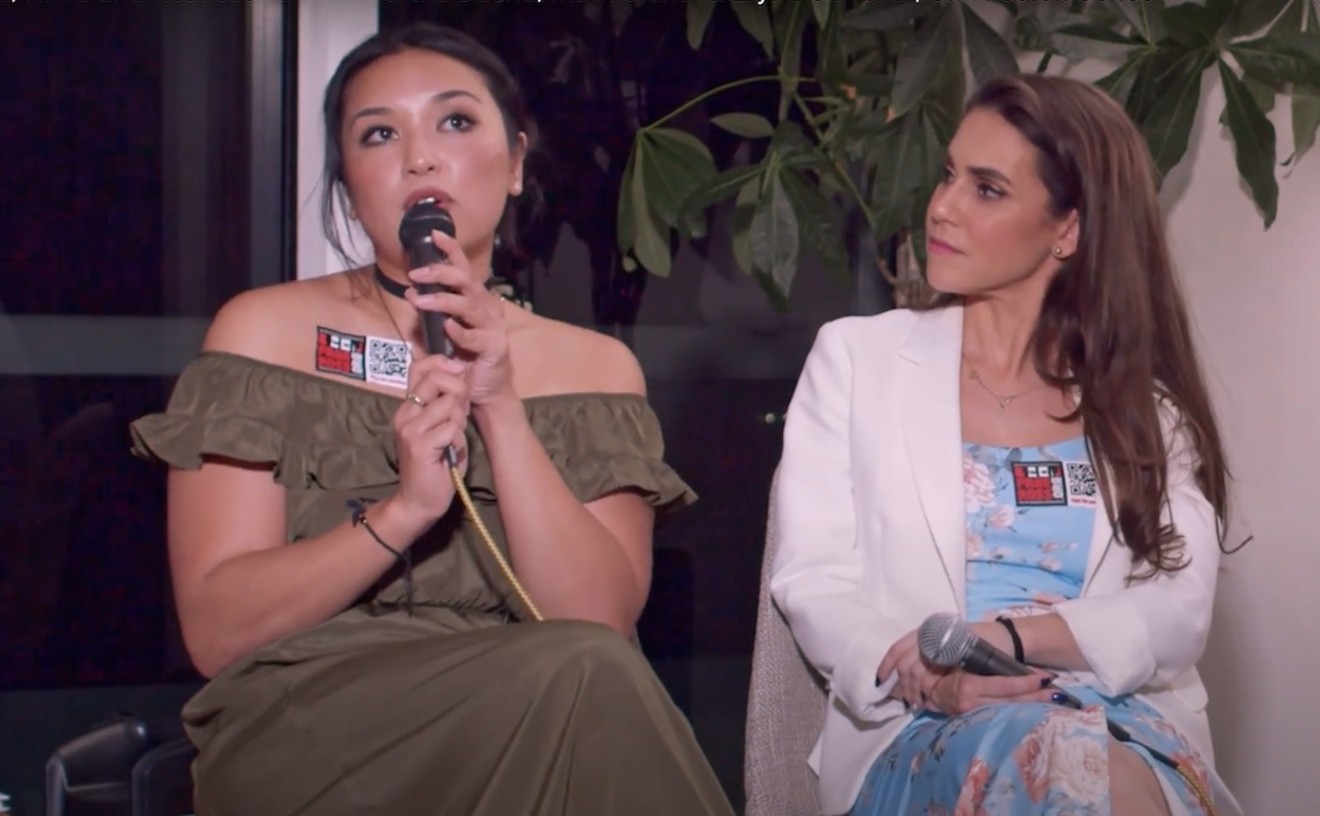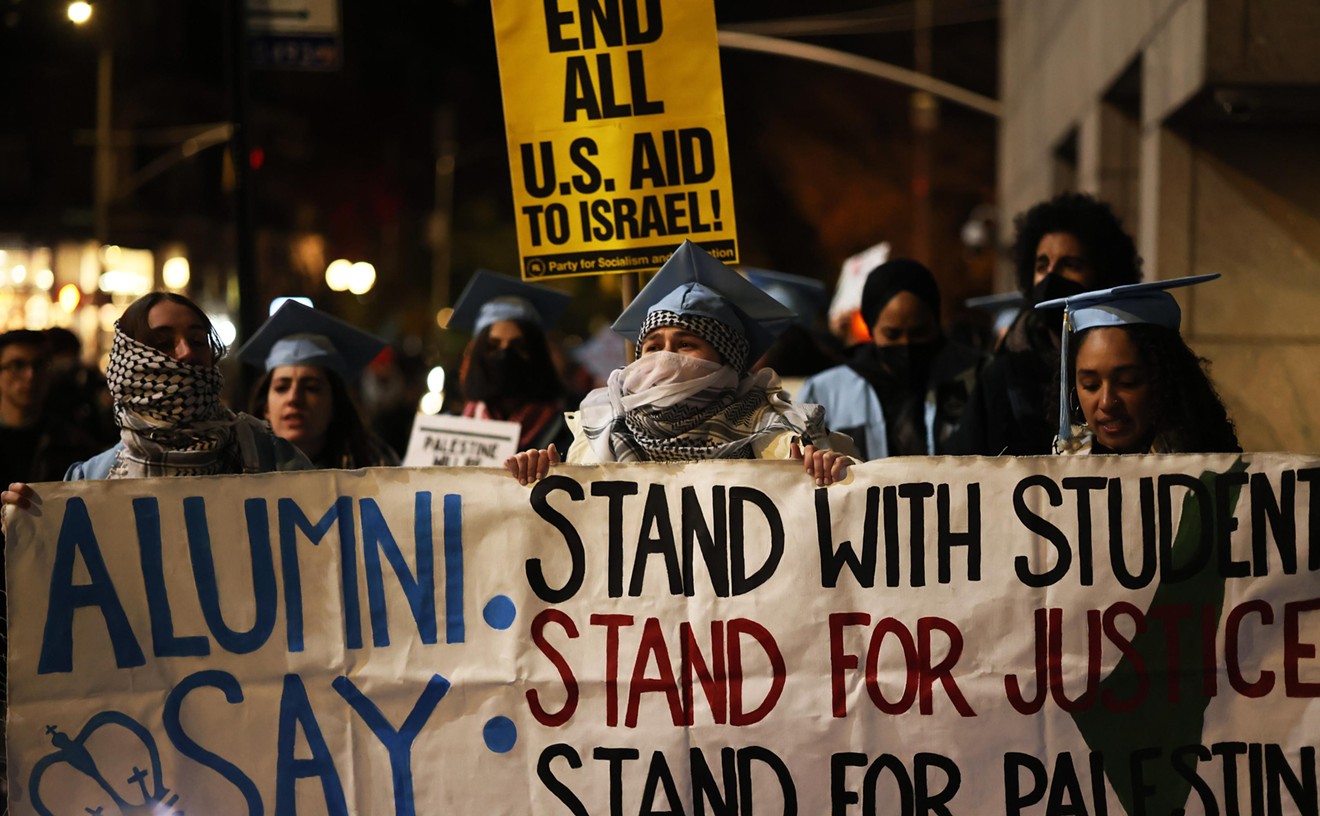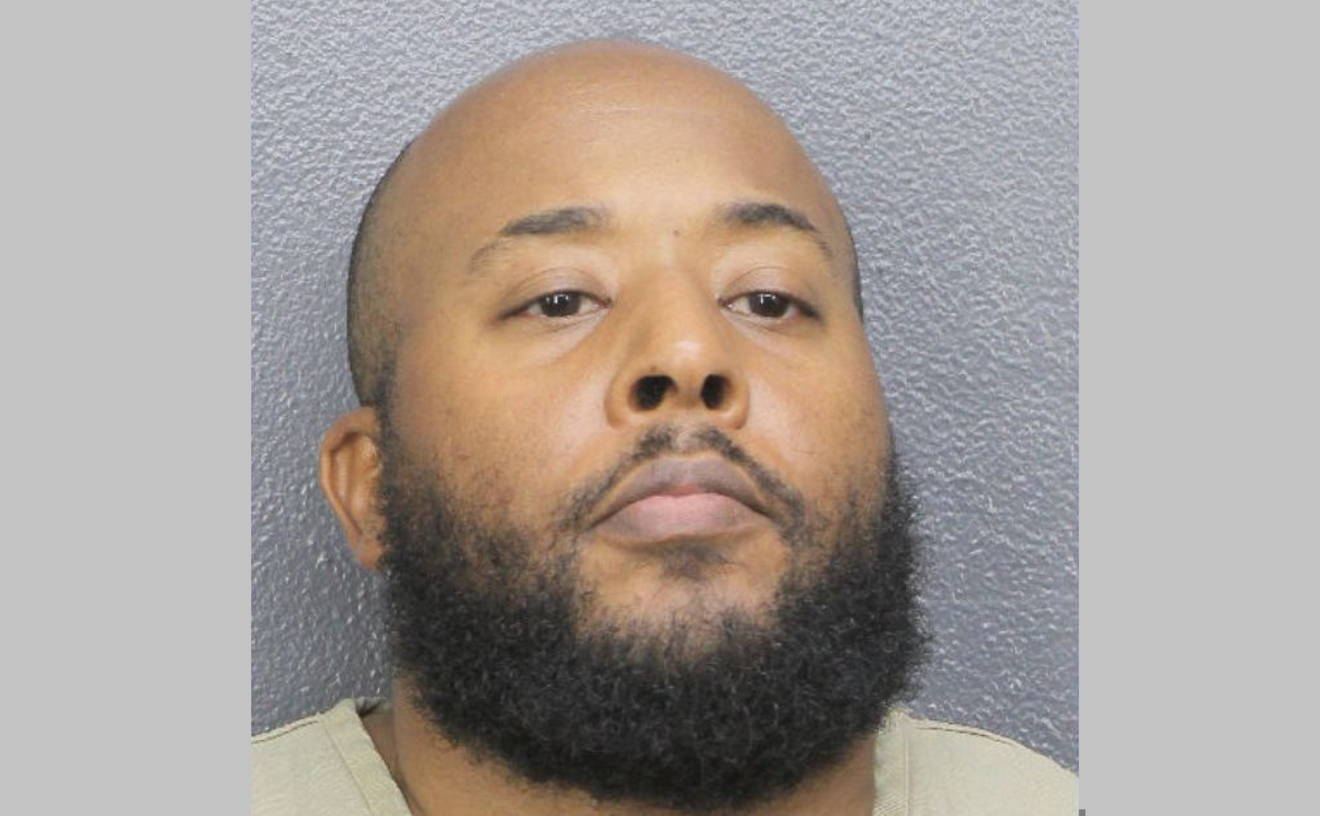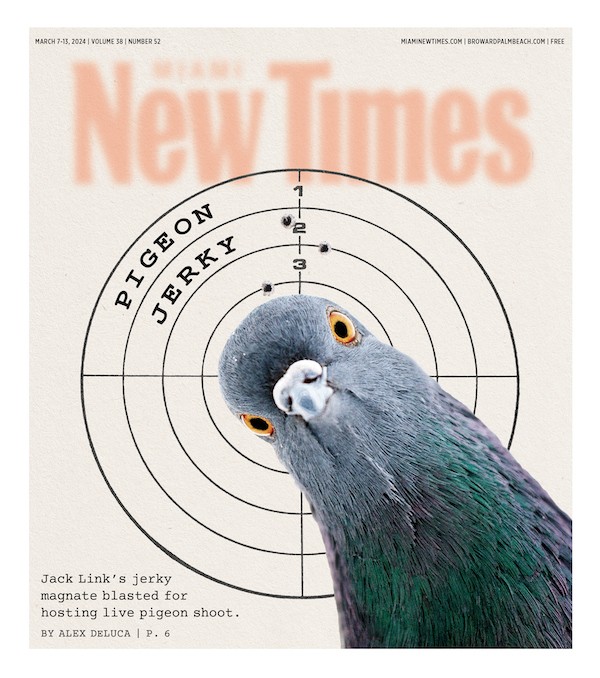The report released September 21 by nonprofit organization PEN America found that Florida has outdone Texas when it comes to removing books from public school libraries and classrooms — with more than 40 percent of book bans in the United States this year taking place in the Sunshine State, according to the report entitled "Banned in the USA: The Mounting Pressure to Censor."
While the report logged 625 incidents in Texas, 333 in Missouri, and 281 in Utah, it recorded more than 1,400 school book bans in Florida for the 2022-23 school year. The bans occur at the school district level in Florida, where local officials are tasked with fielding a flood of complaints from parents and activists. (The tally includes cases of books yanked from classrooms and libraries pending investigation, as well as titles to which student access was restricted.)
"Florida isn’t an anomaly — it's providing a playbook for other states to follow suit," says Kasey Meehan, PEN America’s Freedom to Read program director and lead author of the report. "Students have been using their voices for months in resisting coordinated efforts to suppress teaching and learning about certain stories, identities, and histories; it’s time we follow their lead."
The spike in the removal of books — many of which are about race, sexuality, sexual orientation, and gender identity — comes after the passage of a flurry of new Florida laws such as the Stop WOKE Act, which sought to restrict teaching about systemic racism in schools, and the state's so-called "Don't Say Gay" laws, which bar instruction involving gender identity and sexual orientation until ninth grade, extended through high school under a Florida Department of Education rule.
While the laws don't ban specific titles, they've opened the door for activists to lodge book challenges across Florida, many of which include complaints that mirror the new regulations. Starting last fall, one woman lodged more than 100 challenges to books in Escambia County Public Schools.
Fear of tempting the wrath of parents or the Florida Department of Education has left many educators walking on eggshells. The state currently mandates that librarians undergo training to avoid selecting books that violate Florida rules and to "err on the side of caution" when selecting materials.
The new report notes that the language of Florida's so-called "Don't Say Gay" legislation has been imitated in other red states like Iowa, where "vagueness and lack of state guidance similarly led school districts to ban books." (Florida has argued that its initial "Don't Say Gay" law does not apply to library materials.)
The report says that among the 153 school districts across the nation that banned books this past school year, 80 percent have a chapter or local affiliate of one of the self-described "parental rights" groups vying on a national level for book bans, including the Florida-born Moms for Liberty and Parents' Rights in Education.
Click here to see all 1,406 banned books, listed alphabetically by county and last name of primary author.









